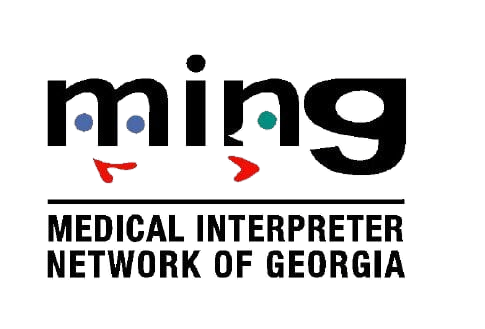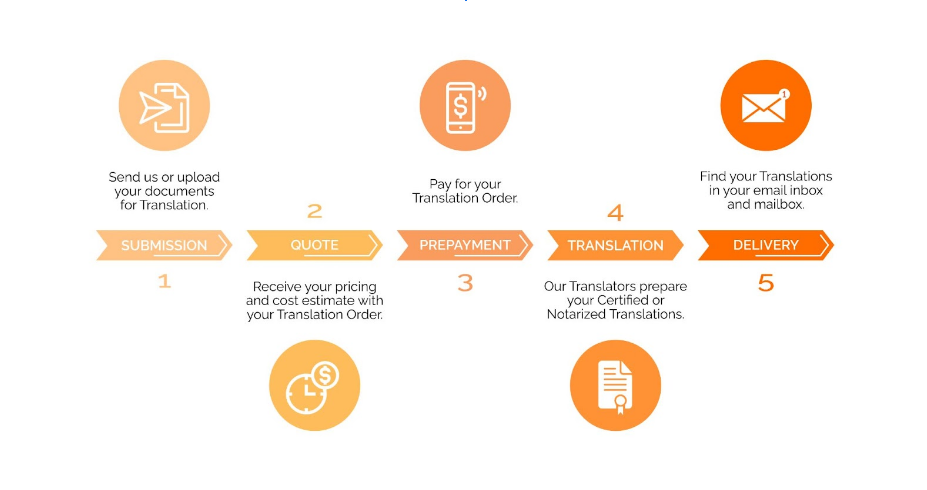Certified Document Translation in Atlanta
We translate your official documents so that you can submit them to USCIS, colleges, consulates, and courts in Atlanta and neighboring counties and cities.
Spanish Docs Translations has a team of ATA Certified Translators to provide our clients with a professional, high-quality service both in English and Spanish.
- 🕐 Delivered on time
- 🔝 Quality guaranteed
- 👌 100% acceptance rate
Get an instant, personalized translations services quote
"*" indicates required fields



















